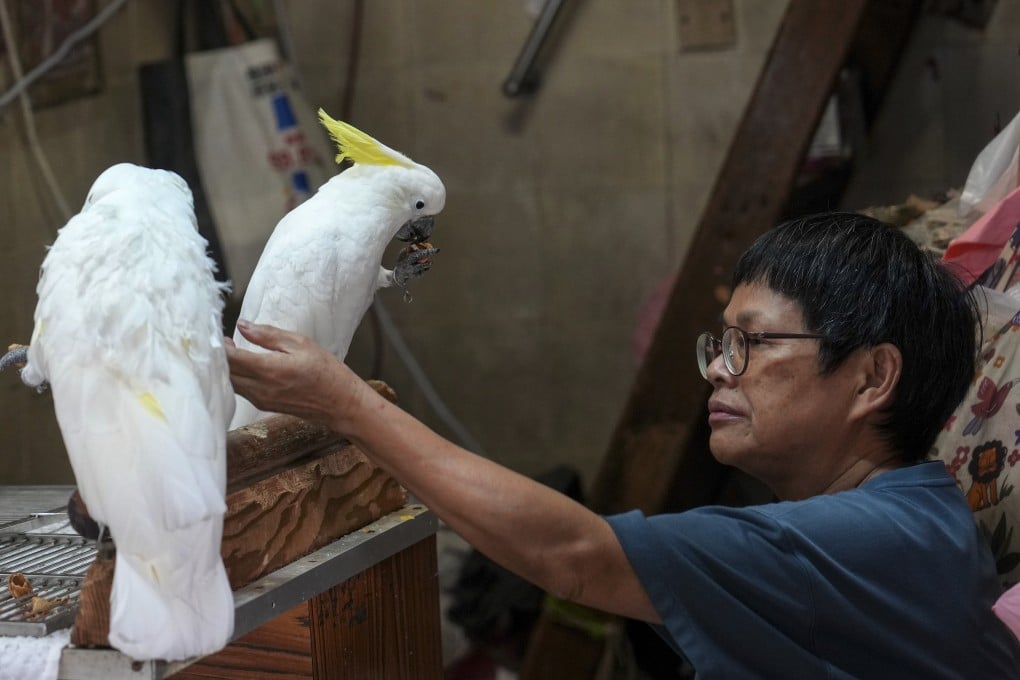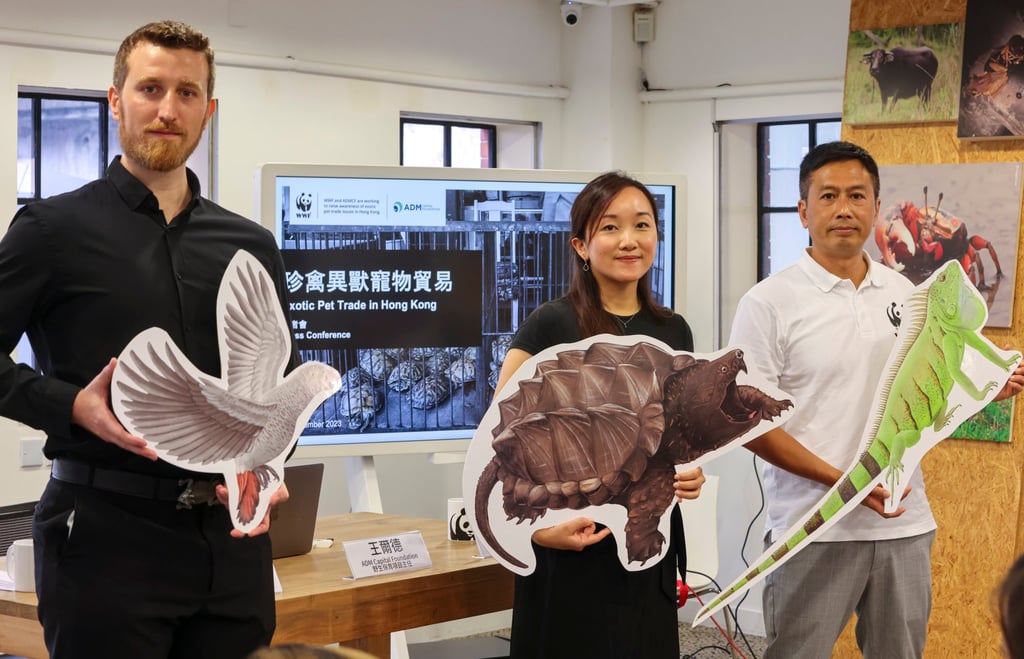Most Hongkongers back tighter rules for trade in exotic animals, survey by conservation groups shows
- About 80 per cent agree blanket ban on some exotics such as yellow-crested cockatoos, green iguanas and alligator snapping turtles needed
- Conservation groups say 5.2 million creatures from threatened species imported to city between 2015 and 2021, but only a ‘few hundred thousand’ legally exported

Most Hong Kong residents polled in a survey have backed a ban on the trade in some exotic species and tighter regulations governing the sale of other animals.
About 80 per cent of those asked said there should be a blanket ban on the importation of exotic pets such as yellow-crested cockatoos, green iguanas, hognose snakes and alligator snapping turtles.
WWF-Hong Kong said the information gathered from the survey carried out with the ADM Capital Foundation showed the city imported 5.2 million exotic animals between 2015 and 2021 from more than 90 countries, but “only a few hundred thousand” were legally exported over the same period.

“It is clear that every home in Hong Kong does not contain two birds or parrots or iguanas or songbirds or geckos, which raises the question, where are they?” Sam Inglis, a wildlife programme manager at the foundation, said.